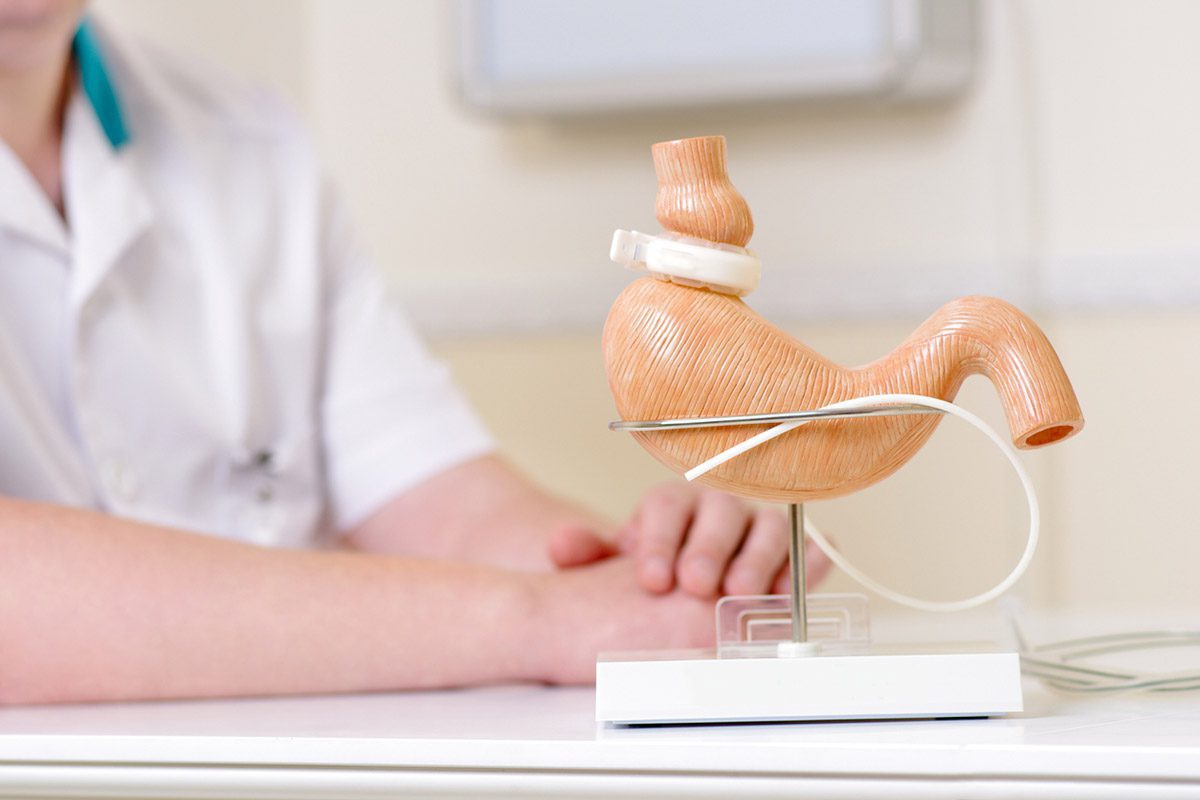Because this piece does not have an abstract, we have provided for your benefit the first 3 sentences of the full text.
To the Editor: Ketamine, an NMDA (N-methyl-d-aspartate) glutamate antagonist, commonly used as an anesthetic agent, has emerged as a major substance of abuse particularly in Asia. Here, we present, to our knowledge, the first case of a patient who developed major depressive episodes after heavy and long-term ketamine use.
Case report. Mr A, a 38-year-old man with no psychiatric family history, was admitted to the substance treatment ward for ketamine dependence.
Major Depressive Disorder Induced by Chronic Ketamine Abuse: A Case Report
To the Editor: Ketamine, an NMDA (N-methyl-d-aspartate) glutamate antagonist, commonly used as an anesthetic agent, has emerged as a major substance of abuse particularly in Asia.1 Here, we present, to our knowledge, the first case of a patient who developed major depressive episodes after heavy and long-term ketamine use.
Case report. Mr A, a 38-year-old man with no psychiatric family history, was admitted to the substance treatment ward for ketamine dependence. He started recreational use of ketamine at age 26 years and developed ketamine dependence (daily dosage: 6 g) such as tolerance and withdrawal symptoms (eg, craving, anxiety, and irritability) at age 30. Obvious impairment of social, occupational, and personal function was noted. The patient reported difficulty in stopping ketamine use in spite of his emergency department visits for physical complications such as abdominal cramping and urinary frequency.
After being ketamine dependent for 2 years, he developed depressed mood, diminished interest, poor appetite, insomnia, feelings of hopelessness and helplessness, and suicidal ideation for 2-3 months. Mr A was diagnosed with major depressive disorder on the basis of DSM-IV-TR criteria. He refused medication help, and his depressive symptoms were only partially improved with psychological counseling. After 1 year, Mr A lost his source of ketamine supply, and a complete remission of his major depression was noted after stopping ketamine use for 3 weeks.
After abstaining from ketamine for 5 years (age 38), he restarted ketamine use and rapidly became ketamine dependent with daily consumption up to 6 g. Another episode of major depression was observed shortly after his ketamine dependence relapsed. He increased his ketamine dose to 10 g for self-medication; however, the depressive symptoms worsened. He was therefore admitted to our ward for ketamine dependence treatment.
At admission, laboratory tests revealed no abnormalities except for testing positive for ketamine. He showed prominent depressive symptoms with Beck Depression Inventory (BDI)2 scores up to 35. Oral benzodiazepines and sertraline 100 mg/d were prescribed for ketamine withdrawal syndrome and major depression. His depressive symptoms improved rapidly after 2 weeks of hospitalization, and he was discharged.
Several interesting features of this case indicate the causal relationship between heavy ketamine use and major depression. First, the patient developed 2 episodes of major depression after heavy ketamine use. Second, he reported worsening of depressive symptoms after increasing ketamine dosage, indicating a possible dose relationship. Third, his depressive episodes rapidly resolved after being abstinent from ketamine, which could not be explained by treatment effects of antidepressants.
Several possible mechanisms underlie ketamine-induced major depression. First, prolonged ketamine exposure is associated with direct neurotoxicity. An animal study3 suggested that repeated exposure to ketamine markedly reduced neural activities in areas like ventral tegmental area and substantia nigra, while dysfunctions of these neural circuits have been implicated in neuropsychiatric disorders including depression. Second, long-term and heavy alcohol consumption may lead to development of depressive disorders.4 Ketamine, similar to alcohol, works as an NMDA antagonist and may lead to the development of major depression. Third, chronic substance use disorder may itself lead to major depression, evidenced by neuroimaging studies showing similar alterations in frontal-limbic brain activity in chronic substance-abusing patients and depressive patients.5
High prevalence of major depression in ketamine-abusing individuals was shown in previous studies. A 3-year longitudinal study6 revealed that the depression scores were higher in ketamine-abusing patients than polysubstance-abusing patients. A follow-up study7 demonstrated greater BDI scores in frequent ketamine users than in controls. In a recent clinical study8 of treatment-seeking ketamine users, the prevalence of major depression was up to 27.9%.
Here, we present the case of a patient whose major depressive episodes developed after heavy ketamine use and rapidly resolved after abstaining from ketamine. This unique case highlights the need for investigating the long-term effects of ketamine use.
References
1. Li JH, Vicknasingam B, Cheung YW, et al. To use or not to use: an update on licit and illicit ketamine use. Subst Abuse Rehabil. 2011;2:11-20. PubMed doi:10.2147/SAR.S15458
2. Beck AT, Steer RA, Brown GK. Manual for the Beck Depression Inventory-II. San Antonio, TX: Psychological Corporation; 1996.
3. Yu H, Li Q, Wang D, et al. Mapping the central effects of chronic ketamine administration in an adolescent primate model by functional magnetic resonance imaging (fMRI). Neurotoxicology. 2012;33(1):70-77. PubMed doi:10.1016/j.neuro.2011.11.001
4. Pietraszek MH, Urano T, Sumioshi K, et al. Alcohol-induced depression: involvement of serotonin. Alcohol Alcohol. 1991;26(2):155-159. PubMed
5. Brady KT, Sinha R. Co-occurring mental and substance use disorders: the neurobiological effects of chronic stress. Am J Psychiatry. 2005;162(8):1483-1493. PubMed doi:10.1176/appi.ajp.162.8.1483
6. Morgan CJ, Monaghan L, Curran HV. Beyond the K-hole: a 3-year longitudinal investigation of the cognitive and subjective effects of ketamine in recreational users who have substantially reduced their use of the drug. Addiction. 2004;99(11):1450-1461. PubMed doi:10.1111/j.1360-0443.2004.00879.x
7. Morgan CJ, Muetzelfeldt L, Curran HV. Ketamine use, cognition and psychological wellbeing: a comparison of frequent, infrequent and ex-users with polydrug and non-using controls. Addiction. 2009;104(1):77-87. PubMed doi:10.1111/j.1360-0443.2008.02394.x
8. Liang HJ, Tang KL, Chan F, et al. Ketamine users have high rates of psychosis and/or depression. J Addict Nurs. 2015;26(1):8-13. PubMed doi:10.1097/JAN.0000000000000060
aTaipei City Psychiatric Center, Taipei City Hospital, Songde Branch, Taipei City, Taiwan
bTaipei Medical University, Department of Psychiatry, Taipei City, Taiwan
Potential conflicts of interest: None.
Funding/support: None.
Published online: June 23, 2016.
Prim Care Companion CNS Disord 2016;18(3):doi:10.4088/PCC.15l01881
© Copyright 2016 Physicians Postgraduate Press, Inc.
Enjoy this premium PDF as part of your membership benefits!





